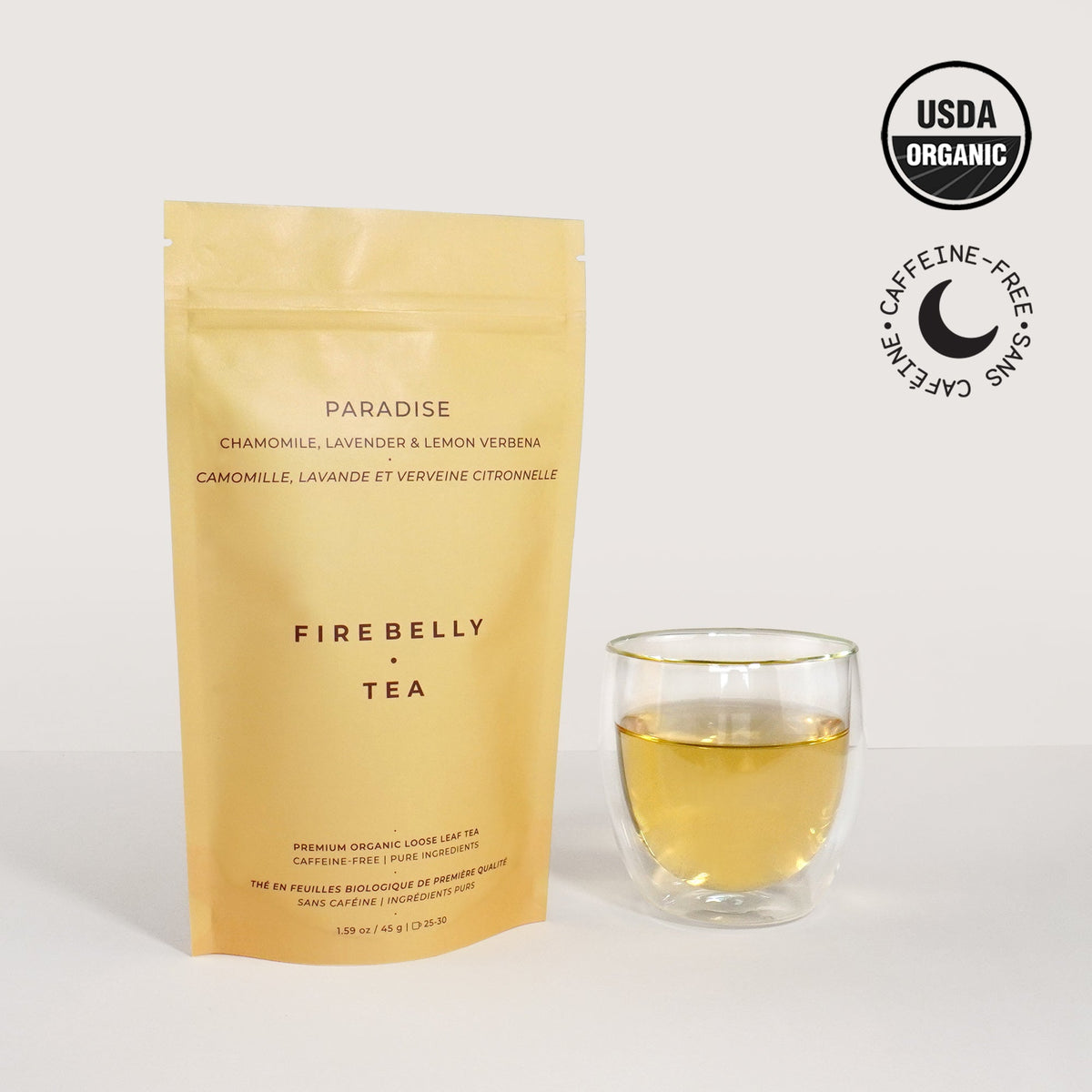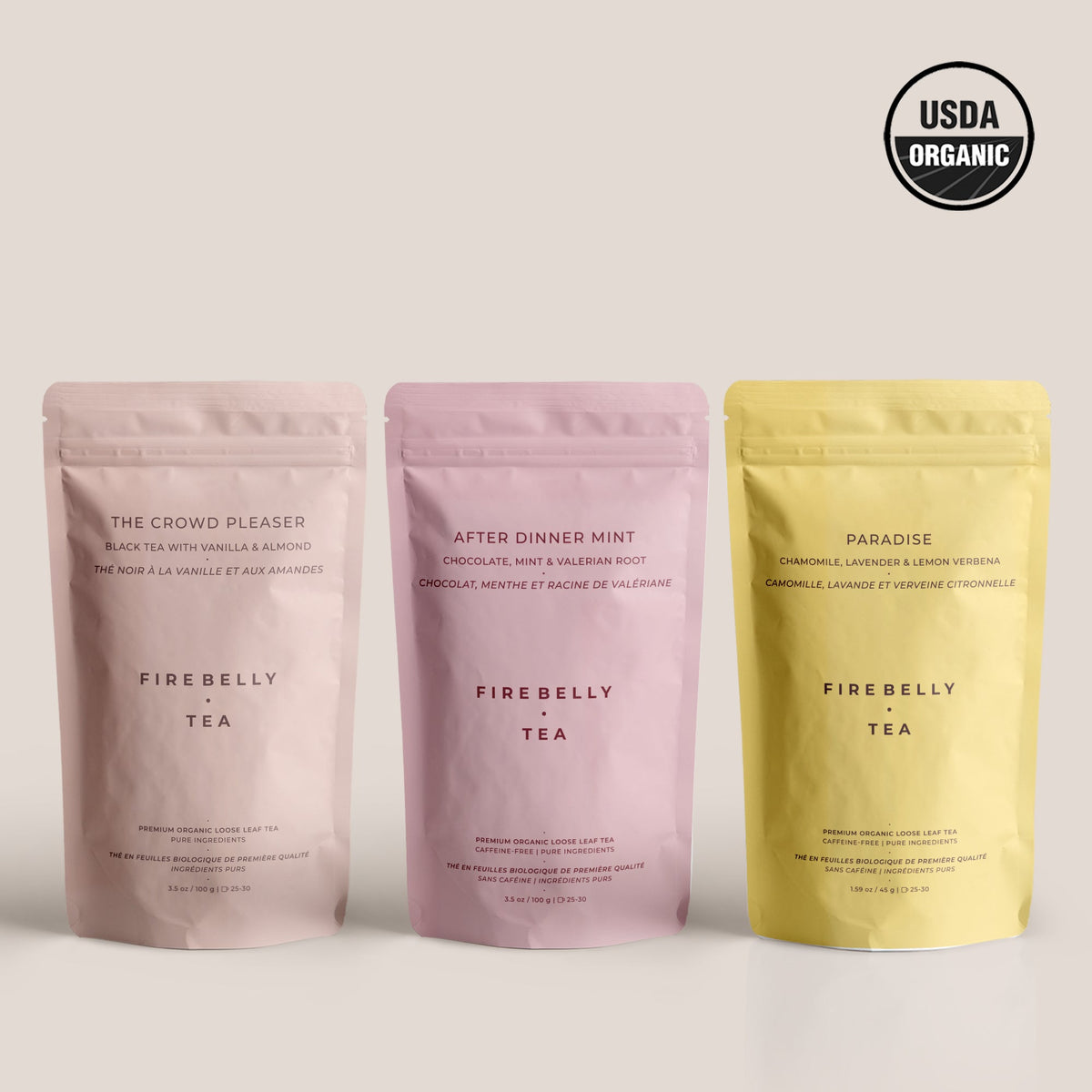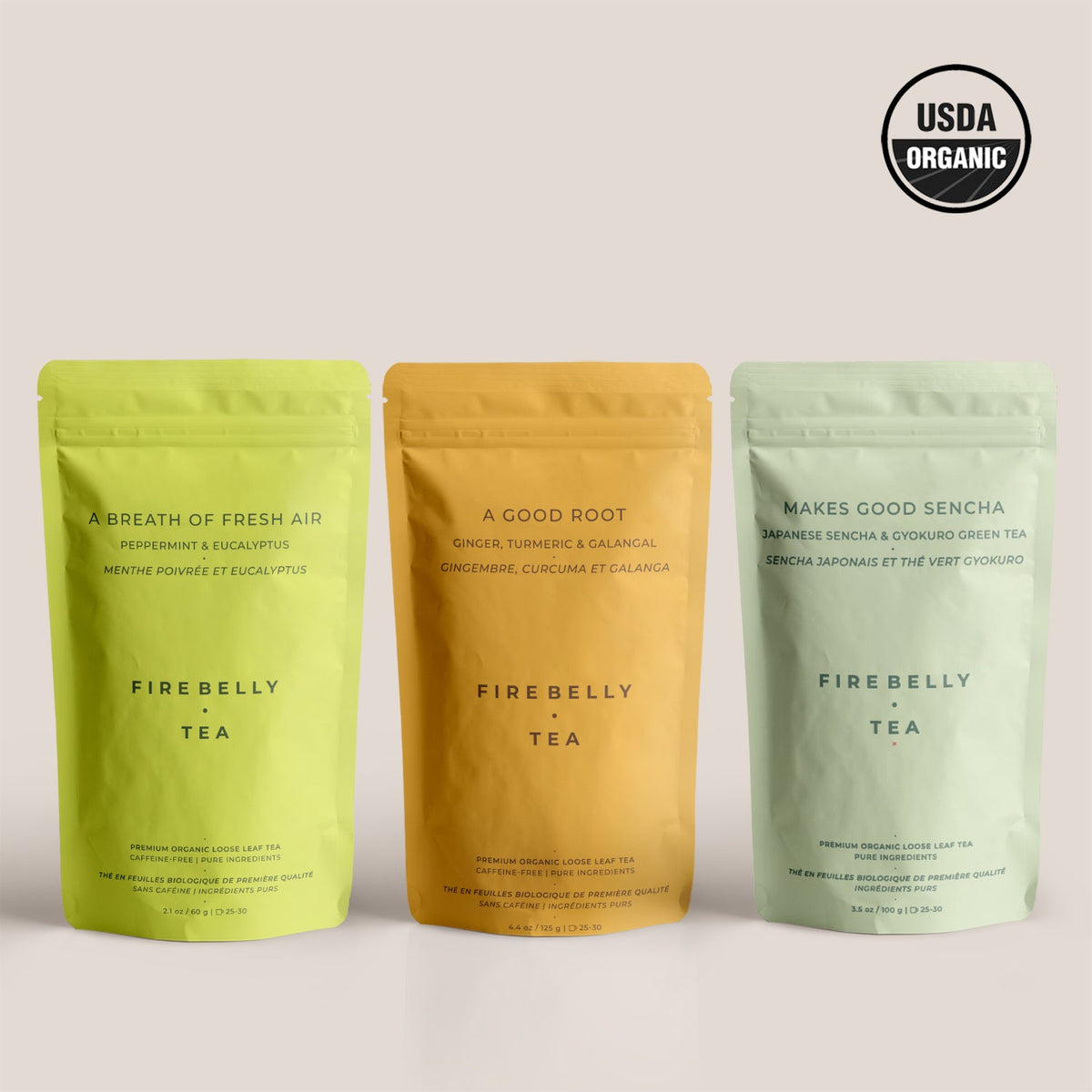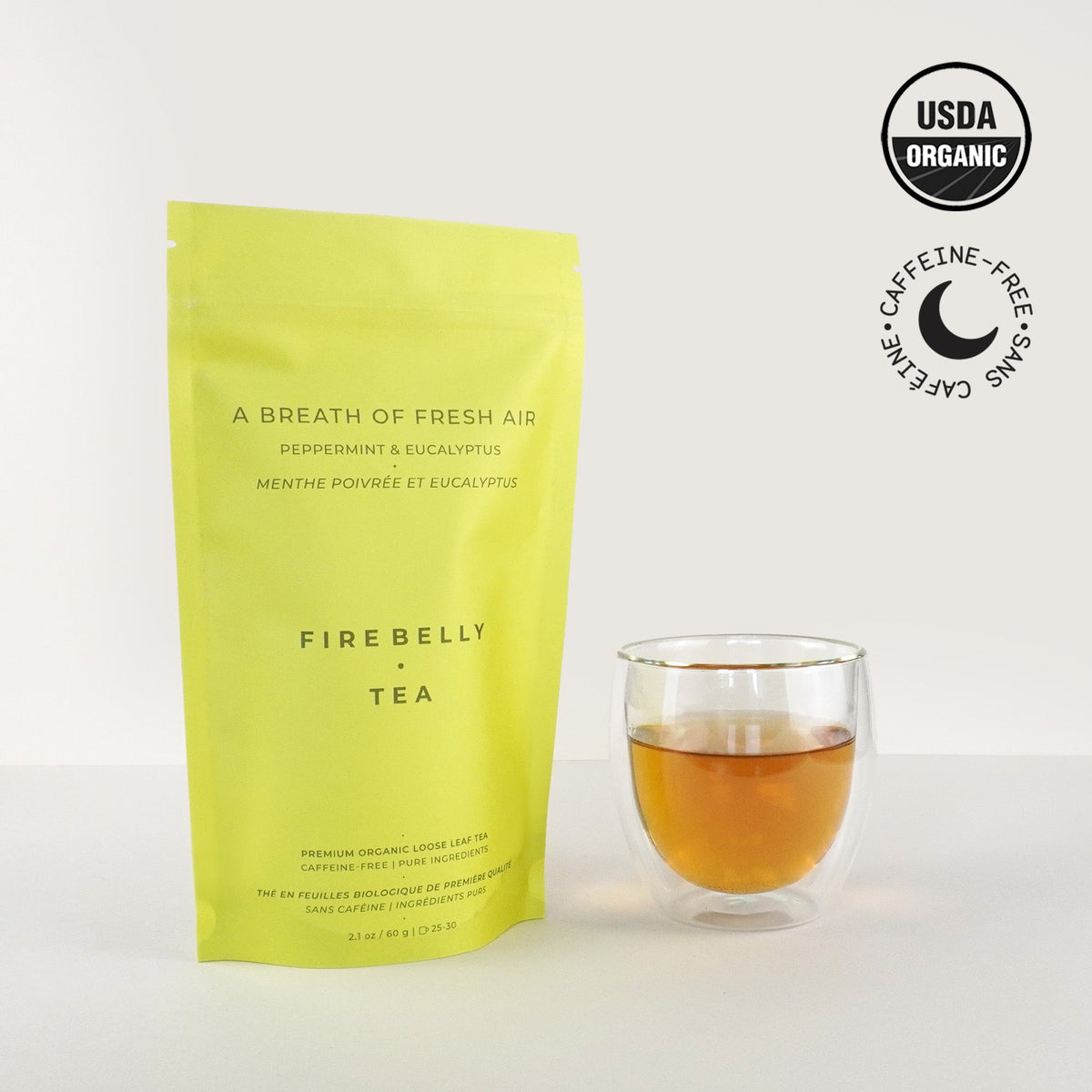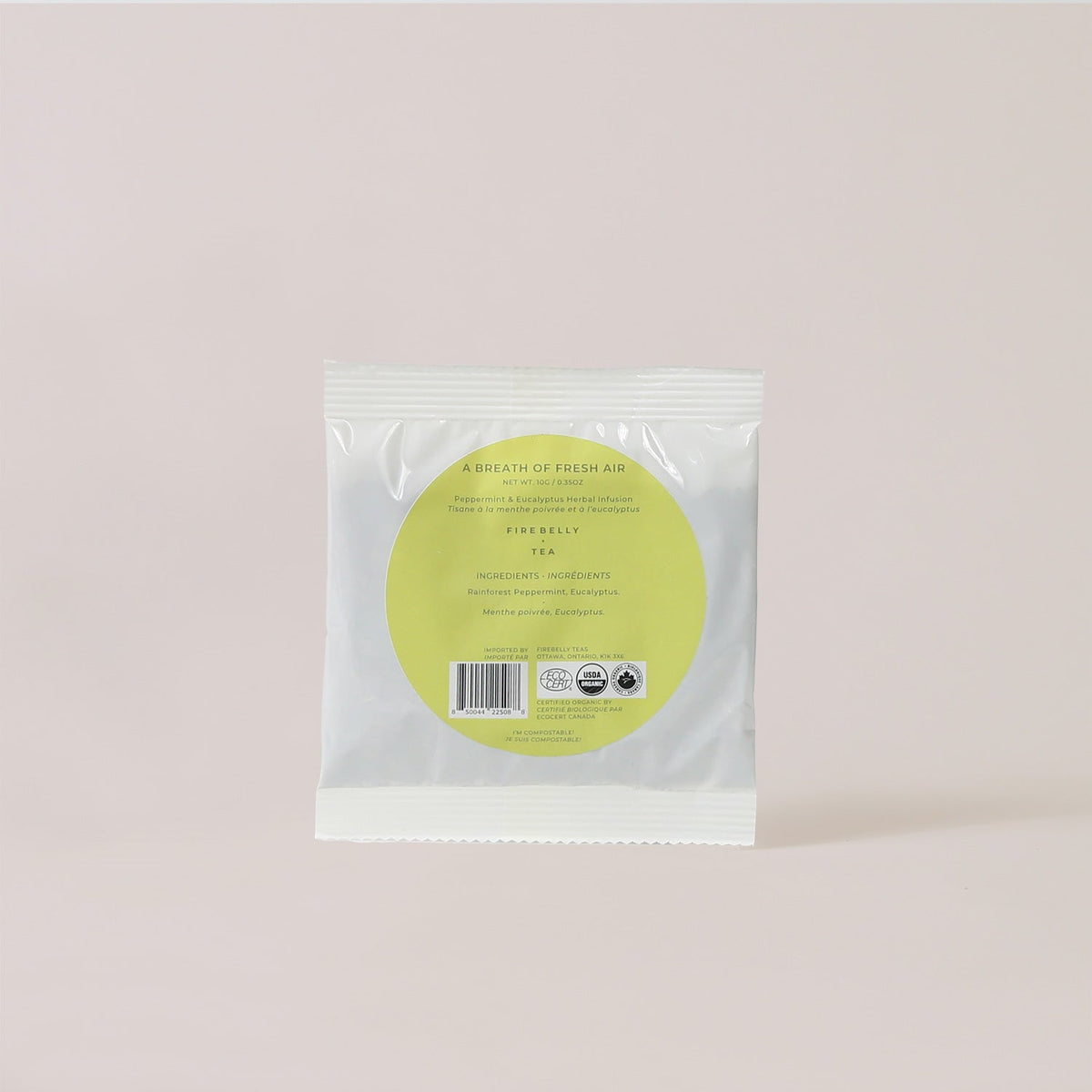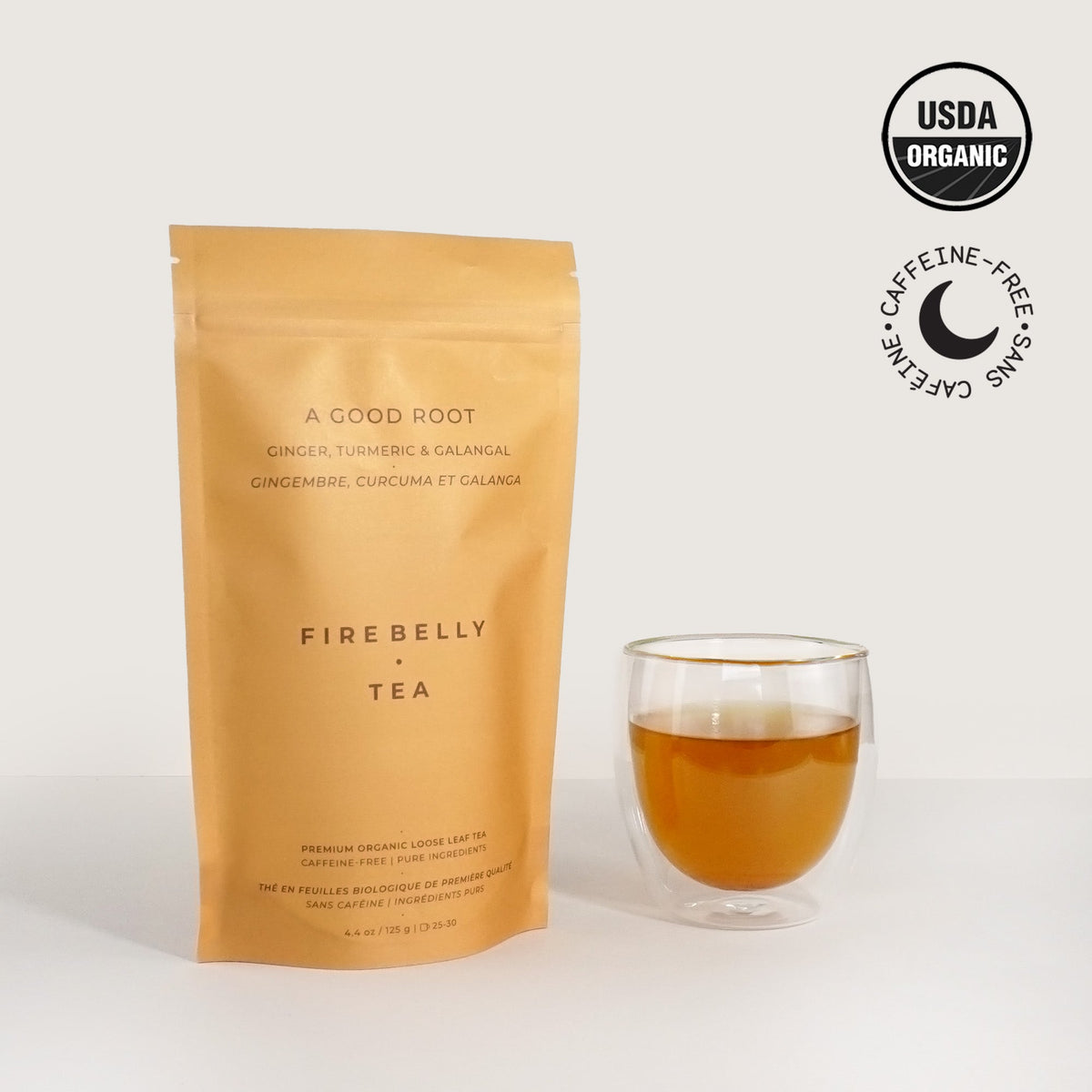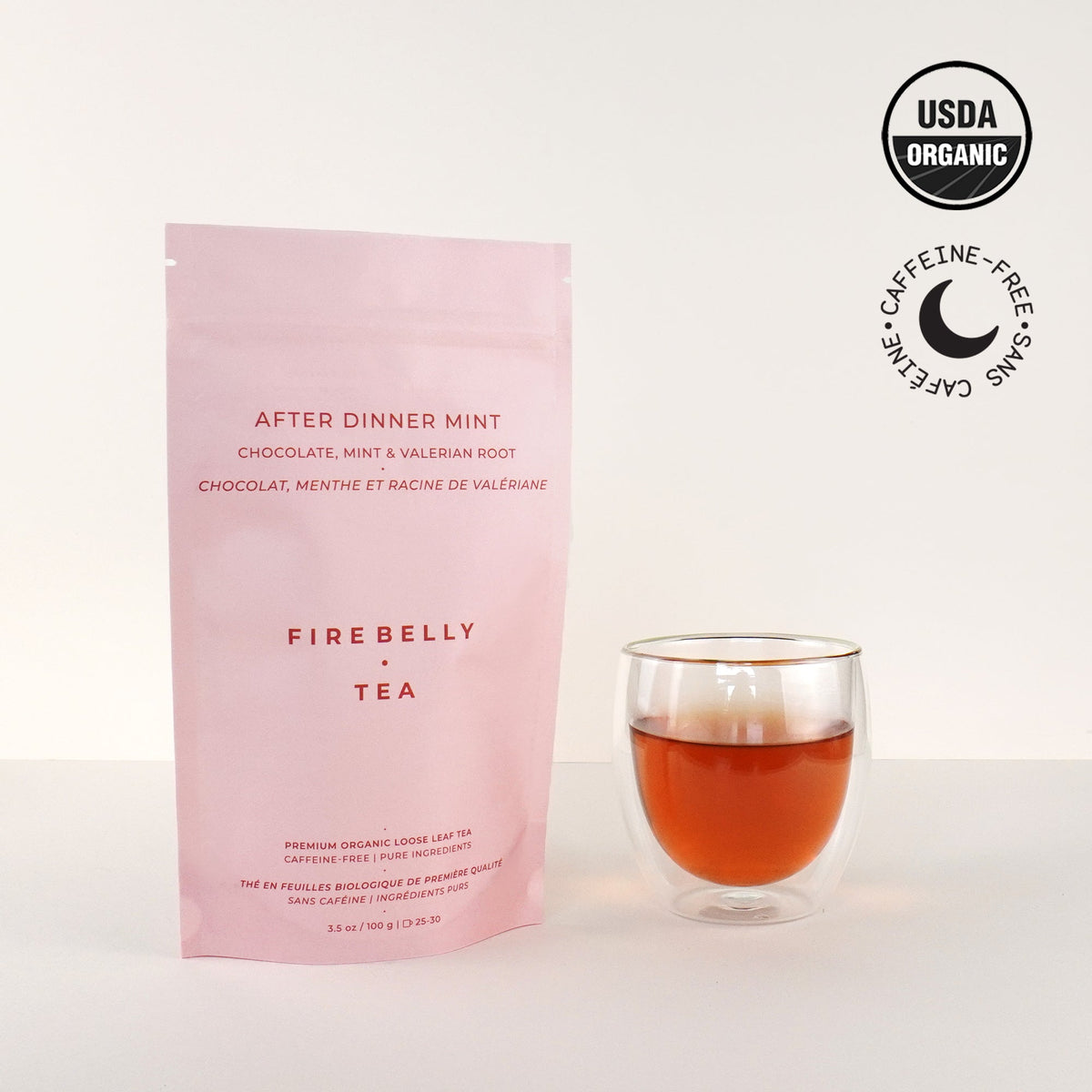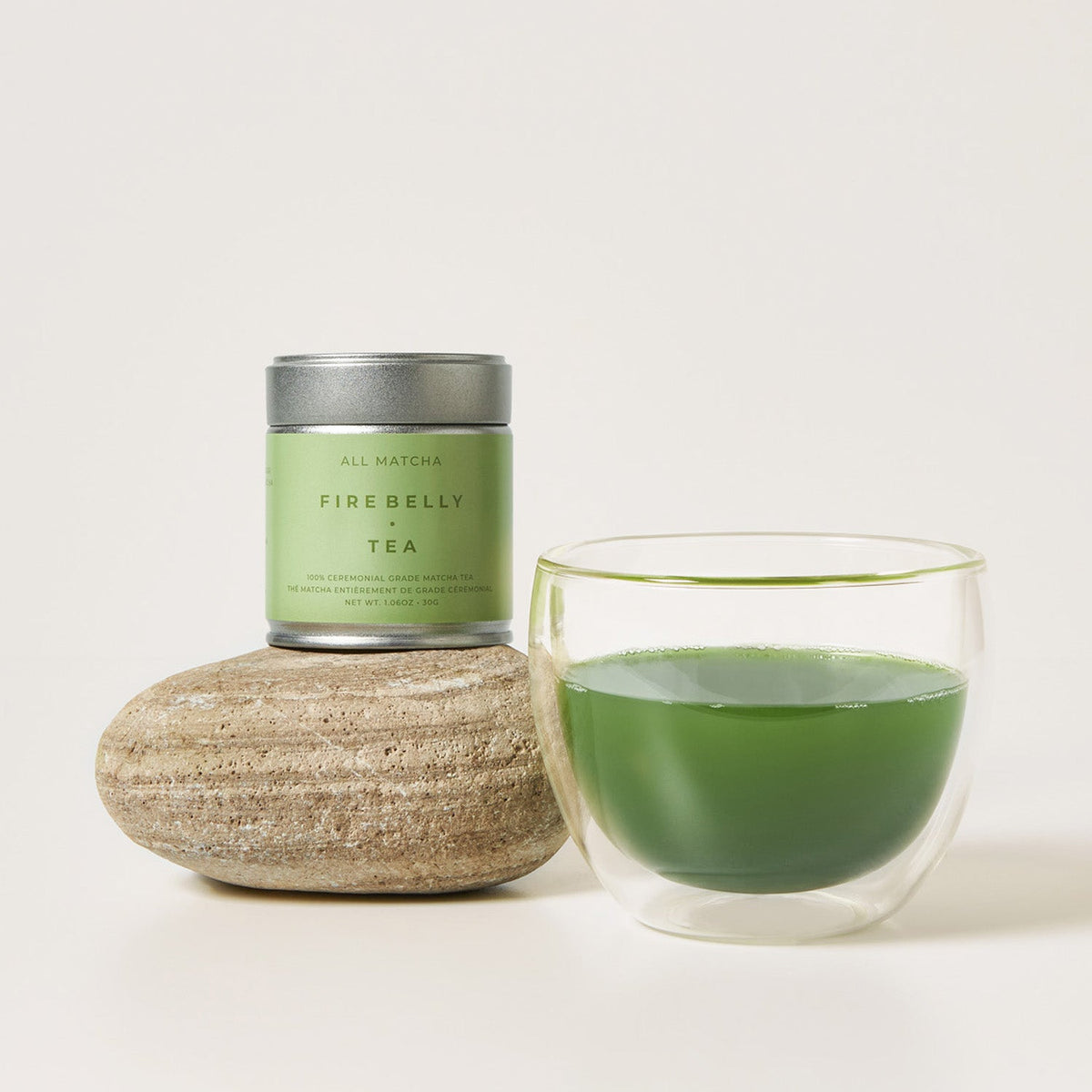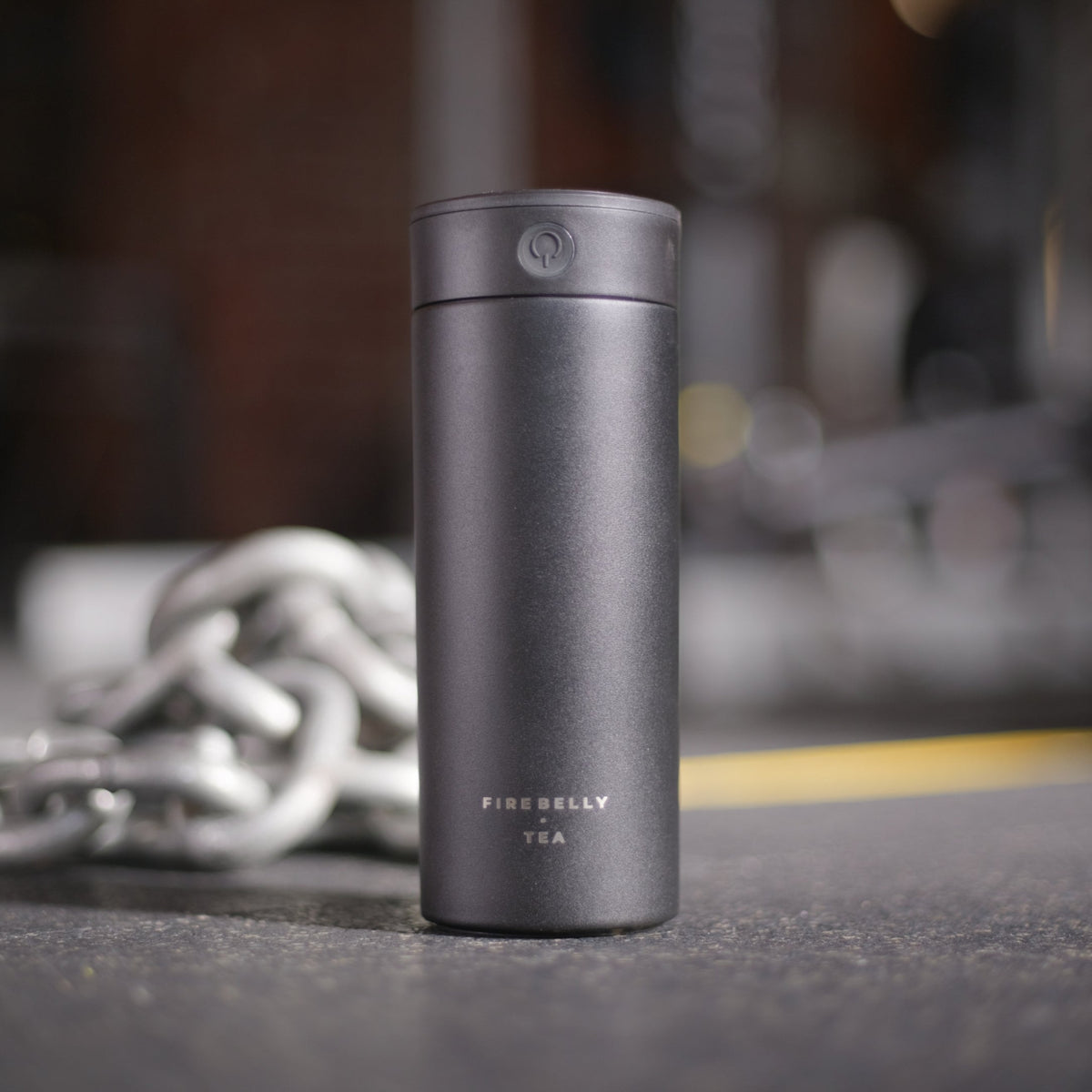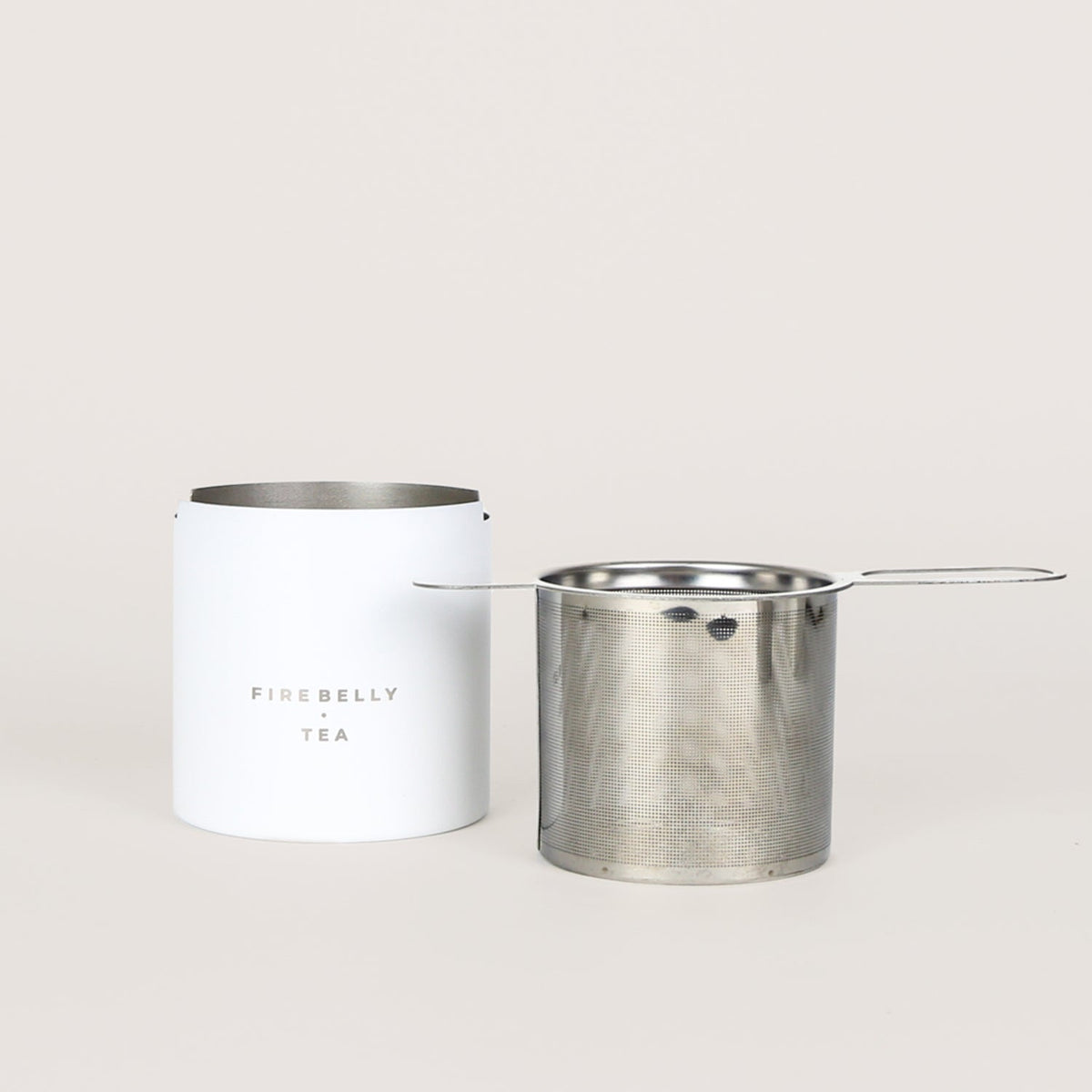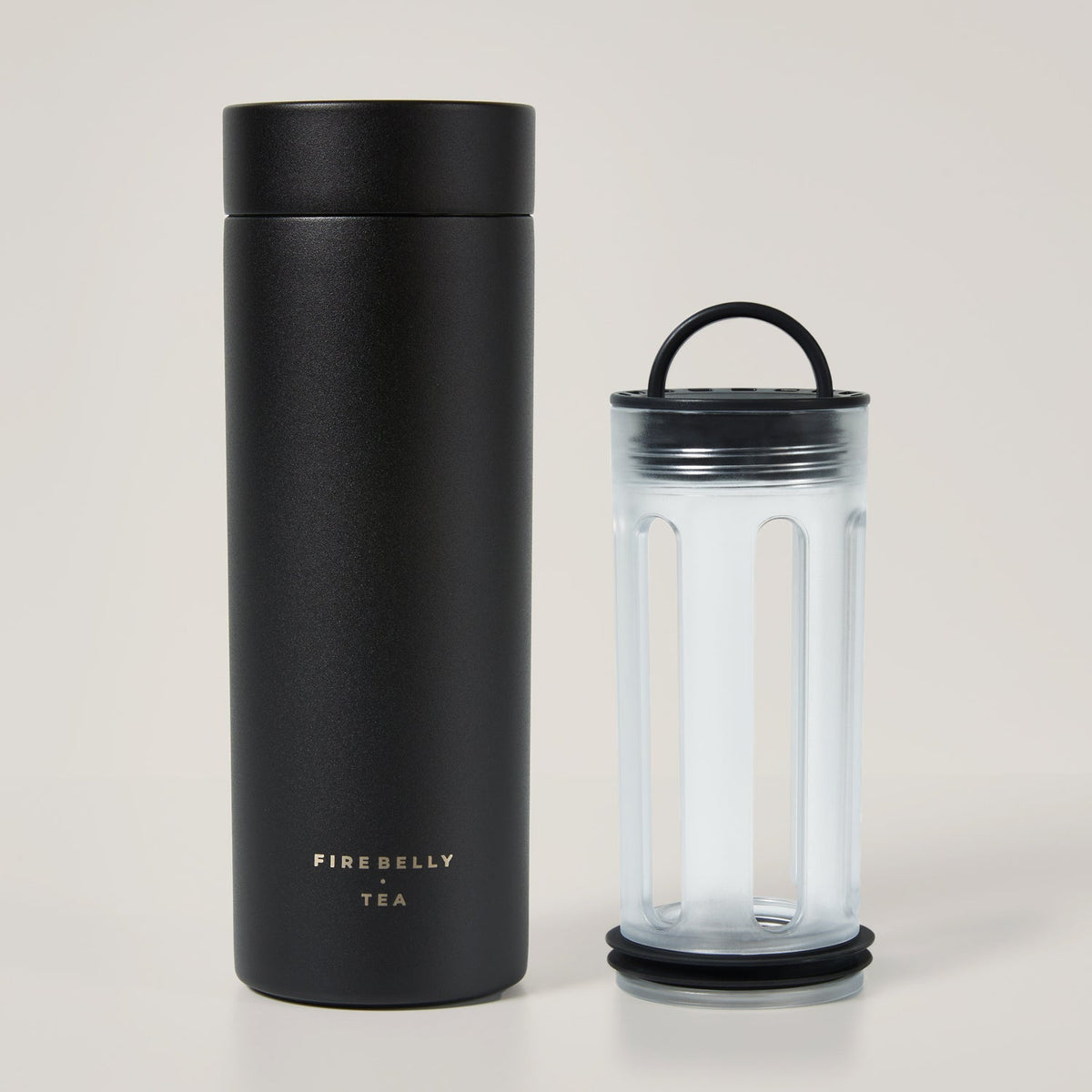Peppermint tea is a soothing drink made from the leaves of the peppermint plant (Mentha x Piperita). For centuries people have been using the mint plant for taste and medicinal purposes. However, the peppermint plant we know today is an 18th-century English hybrid plant created from spearmint and watermint.
This naturally caffeine-free drink contains many health benefits. Peppermint tea can aid digestion, relieve headache pain, and give you a calm and relaxing sensation.
In this article, we'll pour into the top 12 therapeutic properties you'll get when you consume that soothing cup of peppermint tea. But first, let's look at the main ways you can enjoy this aromatic and refreshing plant.
Ways To Take Peppermint
Some may think that it's only drinking peppermint tea where you reap all of the incredible potential health benefits of peppermint tea and peppermint oil. But here are some other ways you can take the plant that may offer the same benefits:
-
Peppermint tea
-
Capsules
-
Essential oils
-
Ointments and creams
Peppermint Tea
Peppermint tea comes in three basic forms, tea bags, loose leaf tea, and homemade peppermint leaves. Regardless of your chosen method, you'll need about four things, hot water, a teapot, a strainer, and a teacup to enjoy your soothing beverage.
Bags
You can find peppermint tea bags in almost all grocery stores. Peppermint tea fits any budget and can deliver the same amount of enjoyment.
You can purchase these bags containing just dried peppermint, or they may come mixed with other herbal teas, green tea, or black tea varieties. You can also purchase regular or organic varieties to get that refreshing minty taste fix.
Loose PEPPERMINT LEAVES
Another enjoyable way to drink peppermint tea is by using loose leaves, and you'll only need a tea strainer like a tea ball or a reusable tea bag to enjoy it!
To make a loose leaf version, place your loose leaf tea into your strainer and set it inside your cup or teapot. Pour hot water and let it brew for 3-5 minutes. Once fully brewed, remove the strainer and enjoy your refreshing cup!
Homemade
If you want to take your herbal tea experience to the next level, make a cup of peppermint tea in the most authentic way possible! The homemade method means steeping freshly torn peppermint leaves directly from the peppermint plant in a pot of boiling water. You can use fresh mint leaves from a store or grow your own mint for an even fresher satisfying drink.
To make mint tea this way, boil water to pour over the fresh leaves in your teapot, let it steep, and strain it into your favorite cup. Once strained, discard the leftover leaves. If you want a more intense minty taste, keep the leaves at the bottom of your cup as you sip.
If you decide to go the route of fresh leaves, make sure you rinse the leaves before using them. By rinsing them, you remove any bits of soil or bacteria left on the leaves. You can also store the dried peppermint in an airtight container to lock in the freshness.
Peppermint Oil Capsules
You can take peppermint extract, in oil form, by swallowing a capsule. It is a simple and easy way to get all the benefits that peppermint leaves contain.
Essential Oils
Several essential oils have potential health benefits. The effect peppermint essential oil delivers for health is one of the best! You can enjoy this fragrant oil by inhaling the fumes from a diffuser or steamer.
Ointments and Creams
This plant's compounds pack a powerful health punch! It's a natural remedy with antiseptic, anti-inflammatory, and antibacterial properties. As an ointment or cream, it may reduce inflammation and clear acne and blemishes. It also contains menthol, which has a cooling sensation on your skin while perking up your senses.
What Does Drinking Peppermint Tea Do?
As well as having a delicious, invigorating and refreshing flavor, this aromatic plant also has several therapeutic benefits. Let's look at some potential benefits of peppermint tea.
#1. Soothes An Upset Stomach
Tummy trouble? One of the main reasons people drink peppermint tea is to help soothe an upset stomach. It can help relieve digestive issues such as bloating, gas, and indigestion, even in children. Studies have shown that drinking a hot cup of peppermint tea may aid the digestive system by preventing muscle spasms of the gut lining.
A recent study found that peppermint tea may help relieve the symptoms of irritable bowel syndrome. A recent study indicated that 72 people with irritable bowel syndrome who took it in capsule form reduced their IBS symptoms by 40% after only four weeks.
#2. Relief For Tension Headaches and Migraines
Since peppermint can relax muscles and has pain-relieving effects, peppermint tea may also help diminish headaches like migraines and tension headaches. The menthol in peppermint oil can increase blood flow while providing a cooling and soothing sensation, which may ease the pain associated with headaches.
Besides potentially providing pain relief, sipping a refreshing and soothing mug of peppermint tea is calming. And this calming effect may help people who suffer from anxiety and mental fatigue.
#3. Fresher Breath On The Double
Peppermint is a common flavoring in toothpaste, mints, and chewing gum. It has a pleasant smell and contains antibacterial properties designed to kill germs associated with dental plaque (and bad breath!)
#4. Helps You To Breathe Easier
Peppermint's natural antibacterial, anti-inflammatory, and antiviral properties may help people who struggle with clogged sinuses due to colds, infections, and allergies and assist those suffering from upper respiratory tract pathogens.
Research indicates that menthol may help improve a person's perception of airflow through their nasal cavity. Drinking peppermint tea can help relieve nasal congestion. The hot steam rising from a cup may also have the same health benefits as an infuser for a stuffy nose and sore throat.
#5. A Quick Energy Boost
Skip the coffee! One of the suggested benefits of sipping peppermint tea is to help improve a person's energy levels throughout the day. Research indicates that peppermint oil can help reduce daytime sleepiness.
#6. May Help Relieve Menstrual Cramps
Because peppermint acts like a muscle relaxant, studies have shown the compounds in the plant may help relieve menstrual pain and shorten the duration of menstrual cramps in women.
#7. May Fight Bacterial Infections
Adding peppermint tea to your daily diet can kill bacteria. Studies have shown peppermint oil may kill food-borne pathogens including, Listeria, E. coli, and Salmonella in mango and pineapple fruit juice. It can also kill several types of harmful bacteria, including Staphylococcus and pneumonia-linked bacteria.
#8. Get A Good Night's Sleep
Sweet, minty dreams! Since this tea is naturally caffeine free and the compounds in the plant may help relax your muscles, it may also contain calming effects and help you feel relaxed before bedtime, giving you a good night's sleep.
#9. May Help as a Weight Loss Drink
One of the more common health benefits of peppermint tea is that it is naturally calorie-free but has a sweet and refreshing flavor. It makes it a perfect drink to sip if you're trying to lose weight but satisfy that sweet tooth.
#10. May Help Suffers of Seasonal Allergies
Peppermint contains rosmaric acid, a plant compound in rosemary and spearmint leaves. Rosmaric acid can reduce the symptoms of allergic reactions, including itchy eyes, runny nose, and asthma associated with seasonal allergies.
#11. May Help Improve Concentration
Do you have a test to write? Peppermint tea relaxes you, but drinking this caffeine-free drink may also improve your ability to concentrate and focus. Studies have found that people perform better on cognitive tests and are alert after ingesting peppermint.
#12. Easy to Make Part of Your Daily Routine
Although the plant may provide many natural remedies for several health conditions, it is also easy to incorporate into your daily routine. Whether you take peppermint extract capsules or add the leaves to salads and baked goods, you can easily make this plant a part of your life.
Should I Avoid Peppermint Tea?
Most people can enjoy all the benefits this plant brings. However, in some rare cases, taking peppermint is not recommended. Talk to your doctor before incorporating peppermint as part of your daily routine.
There is evidence that it may not be suitable for people with chronic diseases such as GERD (gastroesophageal reflux disease - a disease that affects the immune system). Those with GERD should avoid drinking peppermint tea since it can worsen symptoms, exacerbating acid reflux and causing severe abdominal pain.
If you struggle with heartburn or have kidney stones, your doctor may ask that you avoid peppermint tea altogether. Drinking this tea may make symptoms worse.
The Last Sip
There is something satisfying about brewing a refreshing cup of hot peppermint tea. It warms the body and cools the senses. Even though more research is needed to examine peppermint's effects fully, many tea drinkers worldwide enjoy the calming and sharp menthol flavor this drink offers. Next time you need a calming and satisfying drink, pour yourself a cup of hot peppermint tea and relax.
